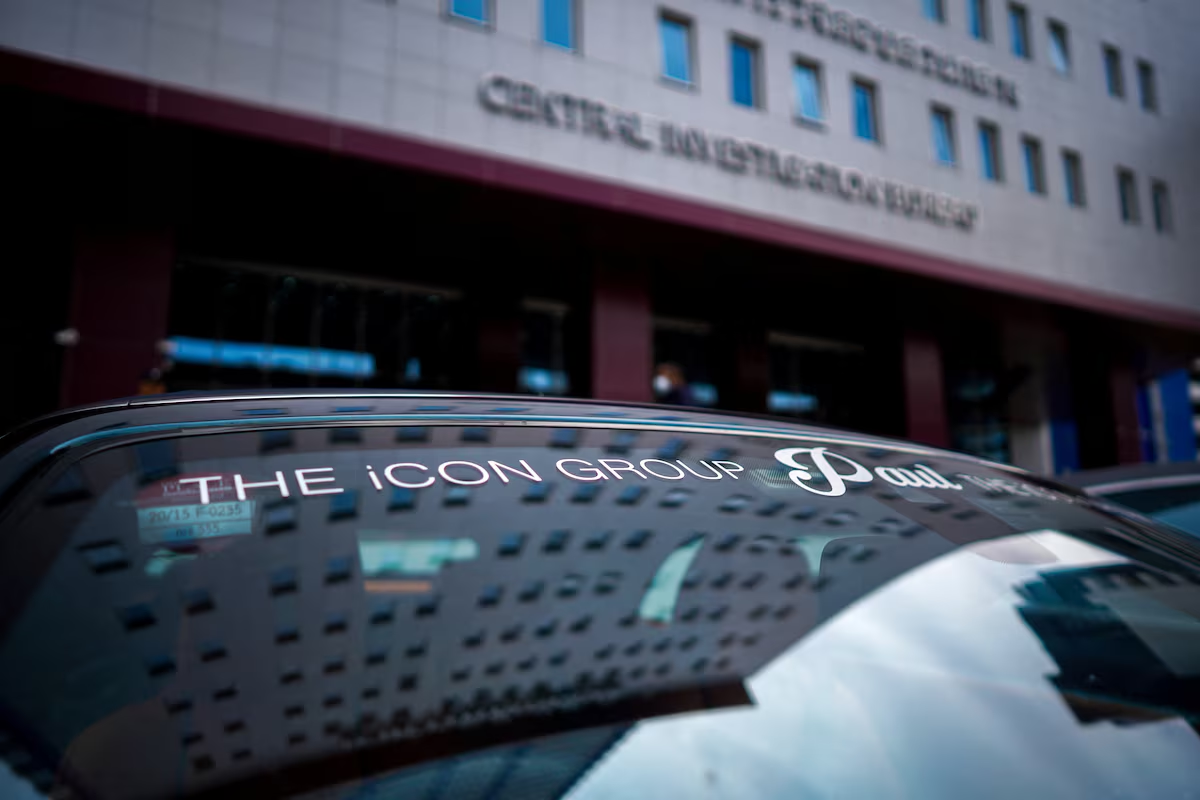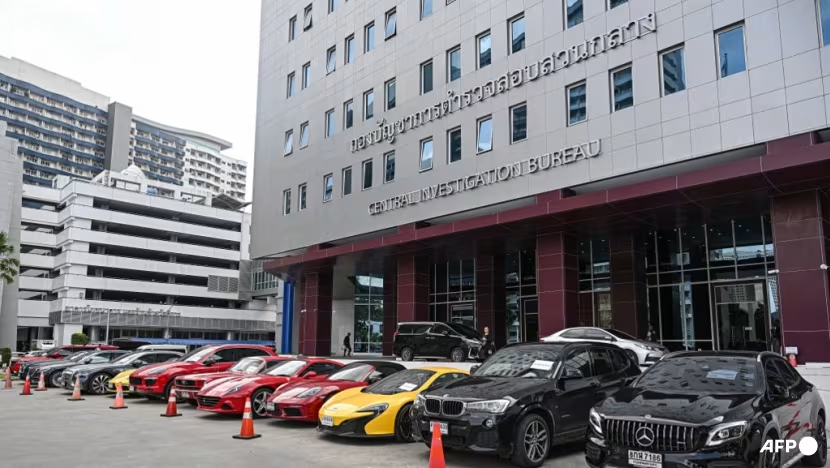Thai police have arrested 18 individuals and confiscated luxury goods after receiving nearly 5,600 complaints regarding an alleged pyramid scheme, officials announced on Monday. Authorities estimate that investors have collectively lost at least 1.61 billion baht (approximately $48 million) in what is being described as one of the largest fraud cases in recent years. The Central Investigation Bureau (CIB) has been leading the investigation, and as part of their operations, they have seized assets worth 225 million baht, including luxury cars, high-end watches, and properties.

The suspects, who have been charged with defrauding the public and violating Thailand’s computer crimes act, are alleged to have orchestrated the scam through a company called iCon Group. The firm, which claims to sell beauty products and health supplements, reportedly enticed investors with promises of quick returns and lucrative commissions. Police say that the business model involved recruiting individuals to sell these products while offering them training and assurances of fast profits, a structure that closely resembles a pyramid scheme.
As part of the police raid, authorities seized 29 cars, three houses, and several luxury watches from the suspects. Among those arrested are three well-known celebrities, whose endorsements of iCon Group products allegedly helped boost the scheme’s visibility. Police are continuing their investigation into the case, with the possibility of further arrests as they dig deeper into the group’s operations. The high-profile nature of the case has garnered significant attention, with the involvement of public figures drawing widespread media scrutiny.

The alleged mastermind behind the scheme, iCon Group founder Waratpol Waratworakul, was among those taken into custody. Waratpol and the other suspects have denied all charges and are currently fighting the case in court. According to Waratpol’s lawyer, Withoon Kengngan, the company is a legitimate business operating within the boundaries of Thailand’s laws governing direct sales and multi-level marketing. “We are fighting the case because this is a real business, selling products online through direct marketing,” Withoon said, insisting that no fraudulent activity had taken place.
Multi-level marketing (MLM) is a legal business model in Thailand, and many companies use it to sell various products successfully. However, this case highlights the blurred line between legal MLM operations and illegal pyramid schemes. Pyramid schemes typically promise extraordinary returns by recruiting new members rather than by selling actual products, leading to a cycle where only the top tiers benefit while those lower down the pyramid suffer significant financial losses. Authorities in Thailand have been clamping down on such schemes in recent years as part of a broader crackdown on financial crimes.
Thailand has a long history of fraudulent “get-rich-quick” schemes, and cases involving investment scams, call centers, and financial fraud have plagued the country for decades. Police data show that between March 2022 and May 2024, there were over 500,000 cases of financial fraud, resulting in combined losses of around 63 billion baht ($1.9 billion). This latest incident involving iCon Group is just one in a series of high-profile fraud cases that have come to light as Thai authorities ramp up their efforts to curb financial crime.

While the legal battle between iCon Group and Thai law enforcement plays out, the impact on the victims has been devastating. Many of those who invested in the scheme are believed to have lost their life savings, lured by the promise of quick and substantial returns. Authorities have urged victims to come forward and file official complaints, with police saying they are committed to recovering as much of the lost money as possible. However, given the scale of the alleged fraud, it remains unclear how much can be recovered from the seized assets.
The case has also put a spotlight on the role of celebrities in promoting such schemes. The three arrested celebrities, who have not yet been named, are believed to have played a significant role in marketing iCon Group’s products, often appearing in promotional videos and advertisements. Their involvement has raised questions about the responsibility of public figures in endorsing products or companies without fully understanding the nature of the business behind them. This has sparked a broader conversation in Thailand about the ethical responsibilities of influencers and celebrities when endorsing products or services.

As the investigation continues, Thai police are warning the public to be cautious of investment opportunities that promise unusually high returns with minimal effort. Financial scams have evolved in recent years, with many criminals using social media platforms to lure in unsuspecting victims. Police have urged people to verify the legitimacy of any investment schemes and consult financial professionals before committing their money.
For now, iCon Group’s operations have been halted, and its assets frozen as the legal process unfolds. The case has cast a shadow over Thailand’s direct selling industry, prompting regulators to review how these companies operate within the country. Authorities are working to ensure that any fraudulent practices are swiftly identified and dealt with, to prevent further harm to the public and to safeguard the country’s financial system from future scams.
4o




